
Home
Publications
Publications
Showing 0 to 0 of 0 results
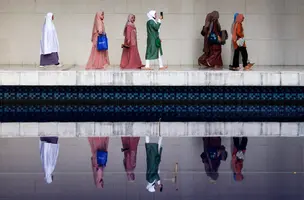
Statements
2025-06-24T12:28:51
Sisters in Islam Case a Turning Point for Civil Liberties, Declares Southeast Asian Policymakers
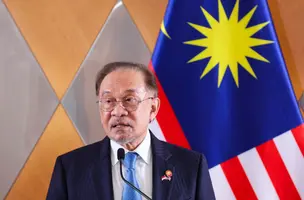
Statements
2025-04-14T12:36:25
APHR Urges ASEAN Chair and Malaysian Prime Minister to Champion Inclusive Peace in Myanmar During Meeting with President Xi
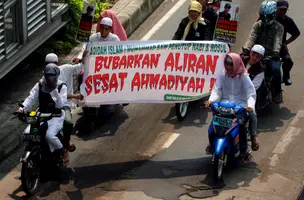
Opinion Articles
2024-11-11T09:32:35
Defending Freedom of Religion: A Collective Responsibility
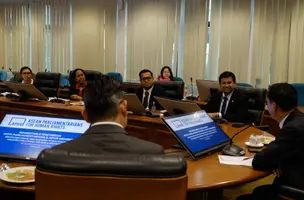
Statements
2023-10-10T12:07:42
Malaysia’s diversity should be celebrated, not used as a political weapon, Southeast Asian MPs say

Opinion Articles
2023-01-26T09:34:00
Indonesia should lead by example on freedom of religion and belief in ASEAN
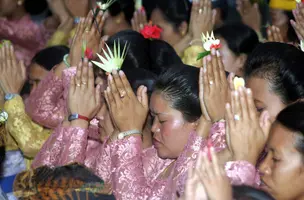
Reports
2022-11-17T10:00:00
New report shows that national laws threaten religious diversity and freedoms in Southeast Asia

Statements
2022-10-17T16:40:34
Southeast Asian MPs call for combating the politicization of religion and protecting minorities
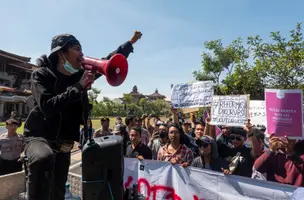
Opinion Articles
2022-06-29T05:29:55
Indonesia Criminal Code Update Risks Backsliding on Freedoms
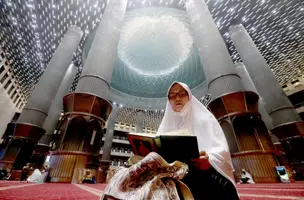
Statements
2022-04-08T04:14:37
Blasphemy article in draft Criminal Code of Indonesia needs to be reviewed
TOP
ASEAN Parliamentarians for Human Rights (APHR) was founded in June 2013 with the objective of promoting democracy and human rights across Southeast Asia. Our founding members include many of the region's most progressive Members of Parliament (MPs), with a proven track record of human rights advocacy work.
Copyright © 2024-2025 All Rights Reserved - ASEAN Parliamentarians for Human Rights (APHR)
Website by Bordermedia